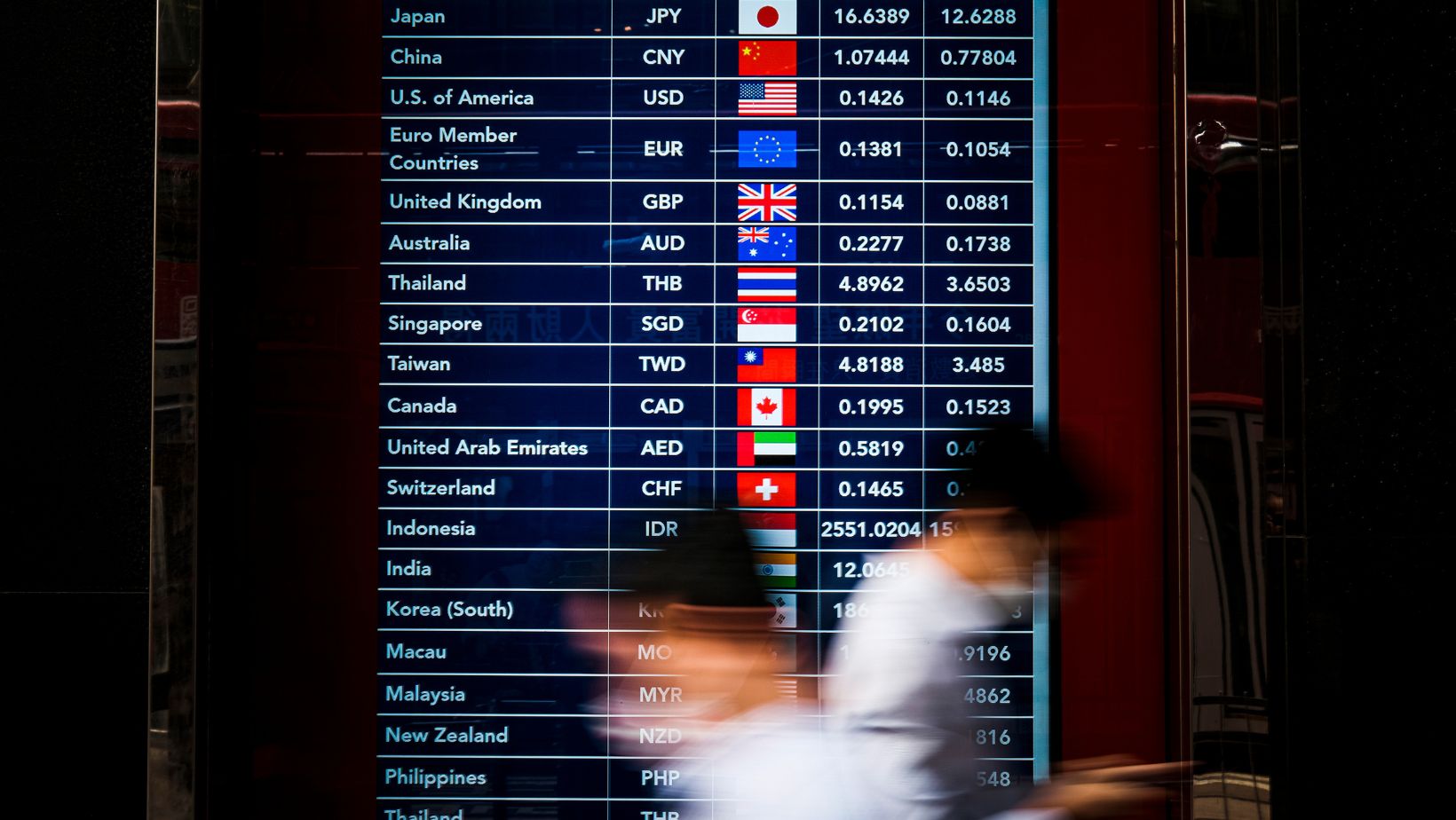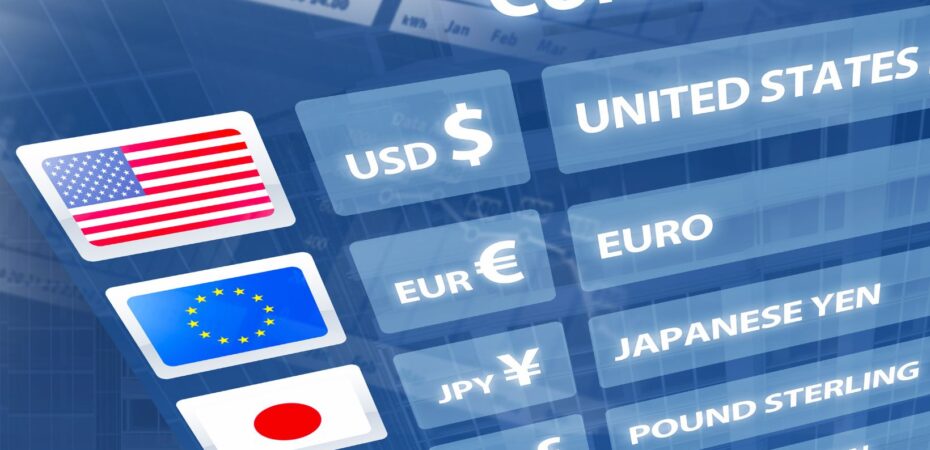Ah, the thrill of international travel! The new sights, smells, and sounds, and the confusing currency exchanges. We’ve all been there, standing at the airport with a wallet full of foreign paper, trying to figure out how many euros, yen, or rupees make a dollar. It’s enough to make your head spin faster than a plane’s propeller.
But fret not, traveler! In this guide, we’ll walk you through some top tips to navigate the tricky world of currency exchange so you can focus on what really matters – making the most of your adventure abroad.
Understanding Currency Exchange Rates
The first step to navigating currency exchange is understanding how it works. Currency exchange rates determine the value of one currency in relation to another. These rates constantly fluctuate depending on a variety of factors, such as global economic conditions, political stability, and market demand.
To make things even more complicated, these rates differ from country to country, meaning that what you get for your dollar in one country may not be the same as what you get in another. It’s important to keep this in mind when planning your budget for your trip.
If you want to purchase foreign currency using your Australian dollars, for instance, Crown Currency is the best company to help you do that. They offer competitive rates and easy online ordering, making the process simple and hassle-free.
Tips for Getting the Ultimate Exchange Rates
Now that you have a basic understanding of currency exchange rates let’s dive into some top tips for getting the best exchange rates during your travels:

- Research before you go: Before embarking on your trip, it’s important to research the currency of the country you’ll be visiting. This will give you an idea of what to expect and help you budget accordingly.
- Avoid exchanging at airports or tourist areas: These locations often have higher fees and less favorable exchange rates. It’s better to wait until you reach your destination or find a reputable local bank or exchange bureau.
- Use ATMs: Using ATMs is often the most convenient and cost-effective way to get local currency. Just be sure to notify your bank beforehand to avoid any issues with international transactions.
- Be aware of hidden fees: Some banks or exchange bureaus may charge additional fees for exchanging currency, so always ask about any potential charges before making a transaction.
- Consider using credit cards: Many credit cards have no foreign transaction fees and offer competitive exchange rates, making them a convenient option for larger purchases.
By following these tips, you’ll be able to get the best exchange rates and save some money during your travels.
Things to Avoid
When it comes to currency exchange, there are also some things to avoid, including:
- Exchanging too much money at once: It’s always better to exchange smaller amounts of money as you need it. This way, you won’t end up with excess foreign currency that you may not be able to use or convert back.

- Using currency conversion booths in tourist areas: These booths often have hidden fees and misleading exchange rates. It’s best to stick to reputable banks or ATMs.
- Using your credit card for cash advances: This can come with high fees and interest rates, so it’s best to use your credit cards for purchases instead.
Common mistakes such as these can end up costing you more than necessary, so be sure to avoid them for a smooth and cost-effective currency exchange experience.
What to Do with Leftover Foreign Currency
So, what do you do if you have leftover foreign currency after your trip? Here are some options:
- Save it for your next trip: If you plan on traveling to the same country again, it’s always good to keep some local currency on hand.
- Exchange it at home: Many banks and exchange bureaus will allow you to exchange foreign currency back into your local currency, although you may incur some fees.
- Donate it: Consider donating any leftover foreign currency to a charity that accepts international donations. This way, you can put your spare change towards a good cause.
Final Thoughts
Currency exchange may seem daunting at first, but with a little bit of research and these top tips in mind, you’ll be able to navigate it like a pro. Remember to always plan ahead and be aware of potential hidden fees. And most importantly, don’t let currency exchange stress take away from the amazing experience of traveling abroad.


 By
By 



